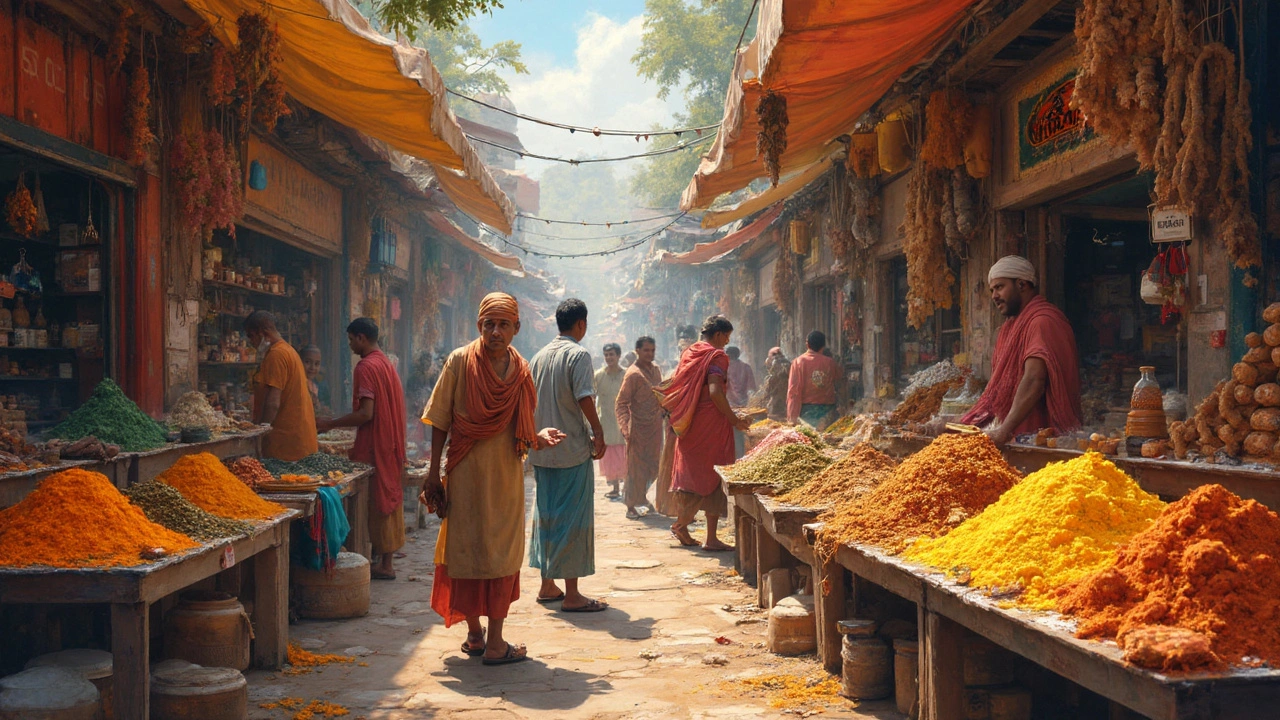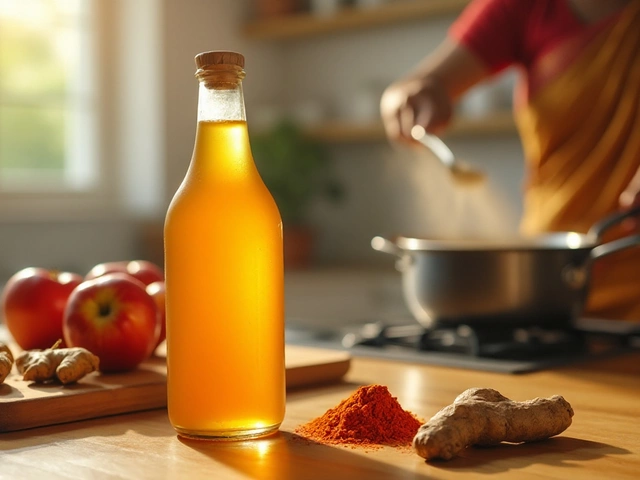Natural Supplements: Safety Guide for Indian Consumers
Natural supplements sound harmless, but not every product labeled “herbal” or “organic” is safe. In India, the market is huge and regulation can be patchy, so you might end up swallowing hidden toxins. This guide walks you through the red flags, explains why some “natural” powders turn risky, and gives practical steps to protect yourself before you click ‘add to cart’.
What Makes a Supplement “Natural”?
Most brands claim a product is natural because it’s derived from plants, minerals, or animal sources. That alone doesn't guarantee purity. Look for third‑party testing, batch numbers, and clear ingredient lists. If a label says “proprietary blend,” you’re missing the exact amounts of each herb – a common way to hide low‑quality or contaminated material. Reliable brands usually provide a Certificate of Analysis (CoA) from an independent lab, showing heavy‑metal levels, pesticide residues, and microbial counts.
Red Flags: Toxic Ingredients and Contamination
Heavy metals like lead, arsenic, and cadmium often sneak into herbal powders grown in polluted soil. A 2023 study of popular Indian turmeric supplements found 12 % exceeded safe lead limits. Pesticide residues are another issue; some Ayurvedic formulas still use herbs harvested without proper washing. If a product promises unreal % of active compounds or uses synthetic fillers (magnesium stearate, silicon dioxide), treat it with caution. Also, watch out for mislabeled dosages – a “100 mg” claim could actually be 10 mg, forcing you to take more capsules and potentially overload your system.
To keep yourself safe, start by checking the manufacturer’s reputation. Search for FDA or AYUSH warnings, and read user reviews that mention side effects like stomach upset, skin rashes, or unexpected interactions with prescription drugs. If the brand doesn’t list the plant part used (root, leaf, seed), ask for that info; different parts can contain very different toxin levels. When in doubt, choose supplements that have been verified by USP, WHO‑GMP, or a recognized Indian certification body.
Finally, store your supplements properly – cool, dry places protect against mold growth and potency loss. Rotate stock so you use older batches first, and discard anything past its expiration date. By staying alert to these details, you can enjoy the benefits of natural supplements without risking hidden poison. Remember, “natural” is a marketing term, not a safety guarantee; your health stays in your hands when you do the homework before you buy.

What’s the Best Herbal Health Supplement?
Finding the best herbal supplement can be tricky with so many options out there. This article dives into some top herbal choices, their benefits, and tips for selecting the right one for your needs. It simplifies the world of herbal remedies by focusing on popular and effective options such as turmeric, echinacea, and ginseng. Learn how these supplements could boost your health naturally without relying on complex medical jargon.

Does Therapy for Mental Health Really Work?
Mar, 2 2025

30 30 30 Diet: What It Really Means for Weight Loss
Apr, 27 2025


